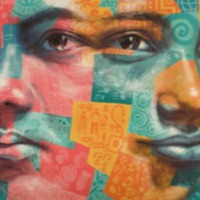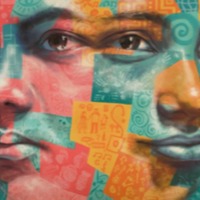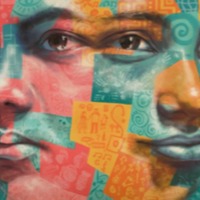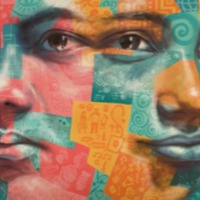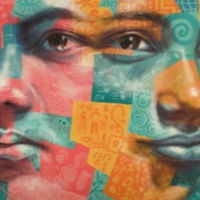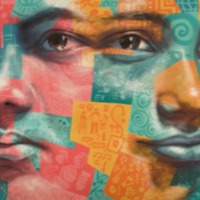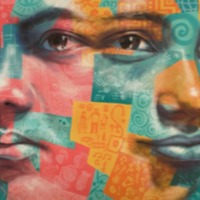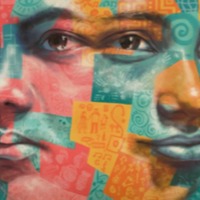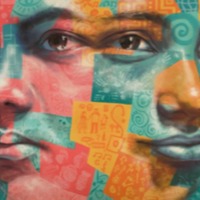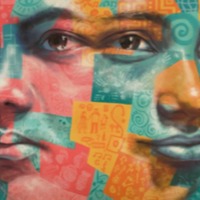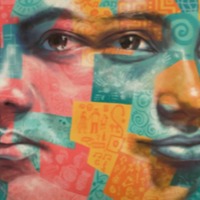
I was working as a waitress in a café. When the café closed one of the regular clients saw me in the street and said that she was going to Dubai. She said there was a lot of work in cafes, bars and restaurants where I could get a better job and salary. The proposal seemed very attractive and I agreed to go. When I went to her house I met another woman there. The woman told me that she was taking a group of women while it was easier to arrange. As I did not have money she paid the ticket for me and gave me $200 to leave behind for my family. She also took me to the hairdresser and dentist and bought me a dress. She said that I needed to look good in order to get a high salary.
We traveled directly from Yerevan. All our documents had been changed. She paid the officials at the passport agency to get new passports for us, because all of us were younger than 30. One was even 17. At the airport everybody knew her, the police, customs and border guards.
When we arrived in Dubai one of the women had a problem with her invitation. After a conversation of ten minutes and a phone call to some place all problems were settled and they let us out of the airport. She took us to Sharjah to a small hotel that allegedly she had completely reserved for us. We stayed there for three days. Our documents were given to the receptionist at the hotel. On the fourth day she said that she could not keep us in this hotel, as it was too expensive. She moved us to a very cheap hotel and told us to stay there and receive our clients. When I heard the word “clients” I was so surprised. I was prepared to work as a waitress. I asked the other woman what they thought about it. Nobody wanted to talk.
The next day our ‘organizer’ came accompanied by an Arab man. They explained to us that we had been sold to him and if we did not do what we were told he could do with us whatever he wished. It is his country and everybody would believe him. Police or immigration officials would not accept complaints. Everybody used his services and they were all his friends. From that day on my misery started: he was sending around 50 clients a day, sometimes even more. I did not understand what was happening. I had no right to be sick, I had no right to refuse or choose. I do not know how he had established the terrible conveyor but the line did not stop. Though we lived in the same hotel with other women from Armenia who had come at the same time, we almost did not communicate. When we had couple of minutes in the morning everyone was telling the horrible situation they went through and more horrible stories of other women, especially those from Russia. They told that they had found one young beautiful girl who had committed suicide in her room. The body disappeared the same day. No police came.
Next day another woman was living in her room. Nothing happened. Later our ‘boss’ always presented her example to us, telling that other pimps were so merciless. Once I got so sick that I could not even move, but the pimp wouldn’t pay attention to me and kept on sending clients to me. I do not know how I got through that day. I was feeling so hopeless that I decided to die. I thought that whatever I would tell at home, whatever kind of excuses I would offer to my parents and son, nobody would believe and forgive me. I went to the balcony, thinking that throwing myself out would solve all problems. Immediately I was called in as the next client came. If I did not get terribly sick I would never see my home. I told the pimp that I needed to see a doctor, but she said that it was very expensive and I could not afford it. The next day I was so weak that I could not even stand. I asked the receptionist to call the pimp. She came with a doctor, who said that I needed some medicines for the moment and an operation later on. I asked for my documents to go home but the pimp said that I could not go and would take care of me there.
Time passed by and she kept sending more and more clients to me, so that my health condition became worse. I had no choice, I called my mother and told her to go to the house of the pimp together with police, and tell her relatives that if she did not give my passport to me in Dubai the Yerevan police would put her relatives in jail. That threat worked out, she gave me my passport and a ticket and I came back home.
Once I heard that my child in Yerevan was sick. I tried to hide $100 in a piece of chocolate butter. Somebody reported me to the pimp. I was terribly beaten and my money was taken away. I thought of going again to earn some money to do an operation. I would be clever this time and would not be trapped. I have no right to be deceived again, I have a child and need to take care of him.
Narrative as told to the International Organization for Migration, 2000, in Yerevan, Albania.
